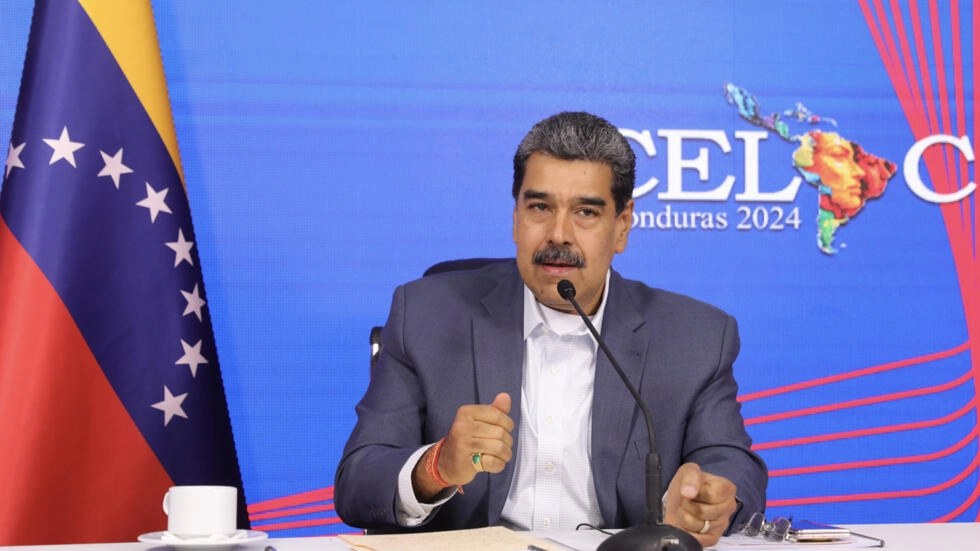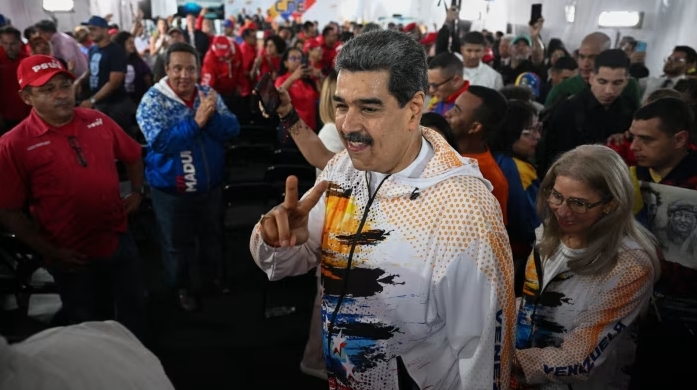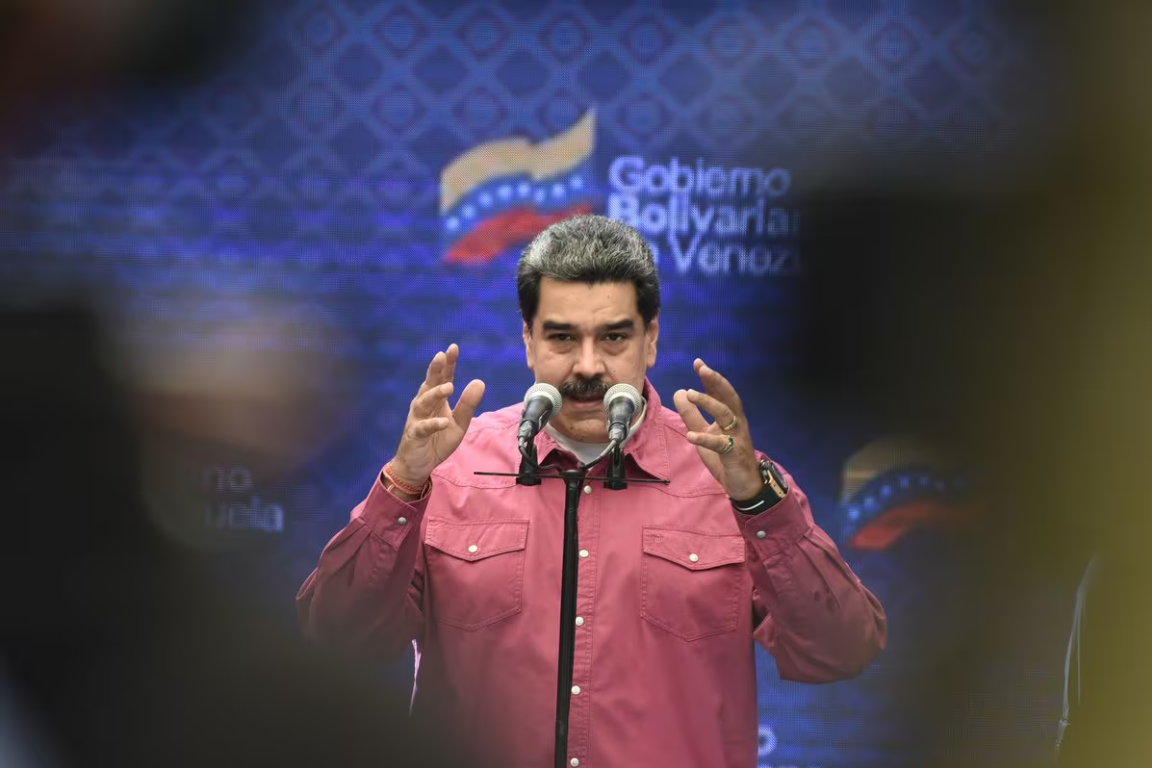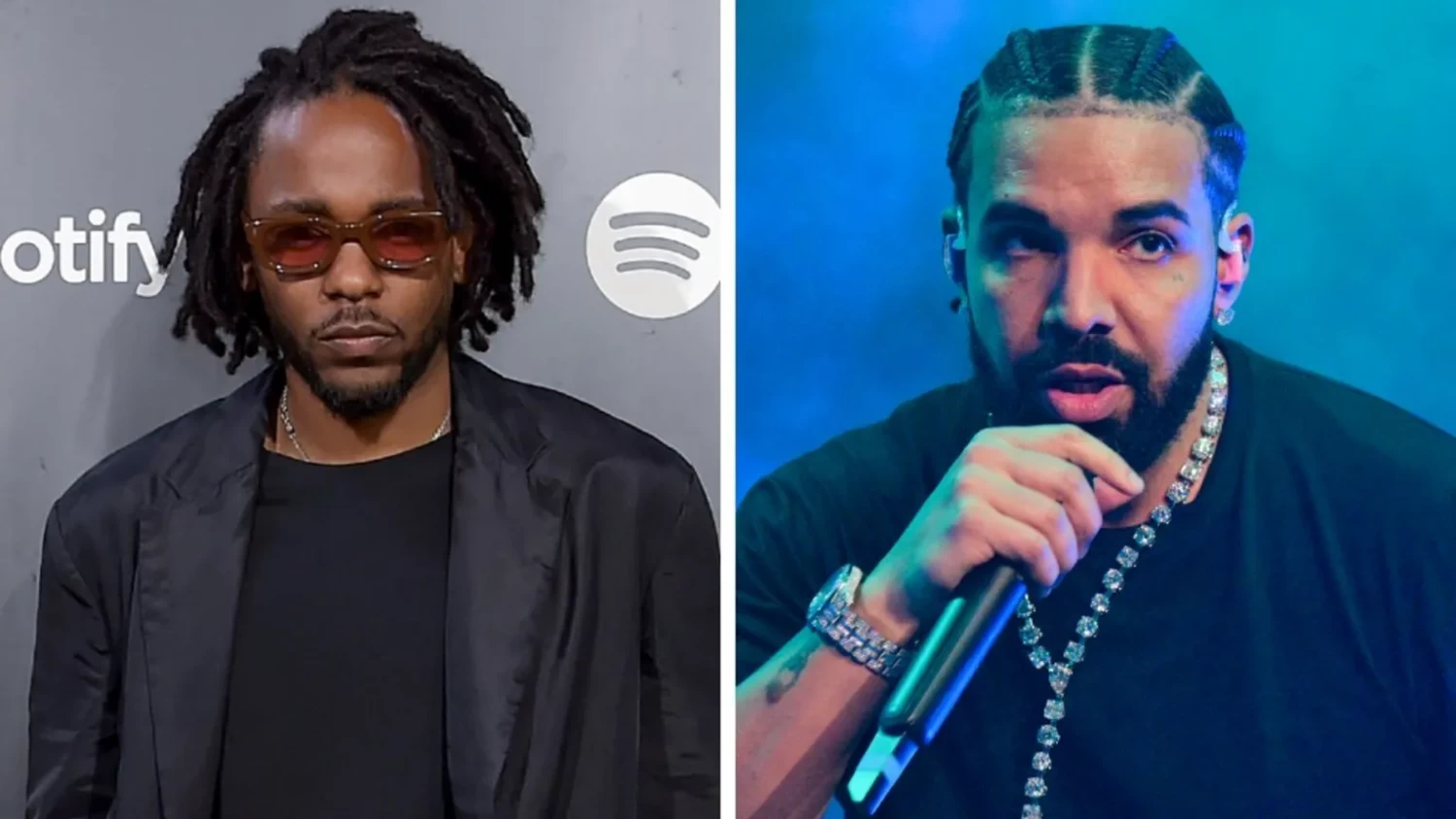This article is more than
7 year oldMaduro pushes new Venezuela vote, opposition calls for massive sit-in
Maduro on Sunday insisted that electing a new assembly to rewrite the constitution was the only way to end weeks of deadly protests, and turn a corner on Venezuela’s worsening political and economic crisis.
In a televised speech he hailed what he said was a record number of people who registered to run as candidates in the vote. “Never has there been such a level of petitions and participation as there is in this case,” Maduro said.
However, opponents have called the process a farce. They believe it is skewed to favour Maduro’s leftist authoritarian government, and have promised to boycott the vote.
According to Hugo Perez Hernaiz, a professor of Central University in Caracas, the government has organised the ballot to ensure the future assembly will be pro-Maduro.
Half the seats are reserved for members of so-called “organised movements”, and the other half will give oversized importance to rural areas, where Maduro has stronger support.
“An assembly that favours Maduro would be absurd, since all polls show the president only has about 30 percent support among voters,” Perez Hernaiz said. “But that will likely be the result.”
Critics are instead calling for early presidential elections, and began a sit-in along Venezuela's main roads on Monday to protest against the push to hold the contested poll on July 30.
Protesters holding signs and Venezuelan flags began gathering in several cities starting at 6am, pledging to block traffic for 12 hours.
Jailed Venezuela opposition leader urges more anti-Maduro protests https://t.co/pTE5WuwfqE pic.twitter.com/IbHTVRqhDv
— FRANCE 24 English (@France24_en) June 5, 2017
Their determination was praised by jailed opposition leader Leopoldo Lopez, who in a clandestine video message urged them to continue protesting peacefully.
“The struggle must not end until we have achieved victory, a protest that must be everywhere and at all times,” Lopez said in the video that had been put online by his family on Sunday. It was not clear when it was recorded.
Negotiations unlikely
Lopez was visited on Sunday by former Spanish prime minister José Luis Rodríguez Zapatero, who has spent months trying to bring Maduro’s government and opposition leaders around the negotiating table.
Lopez and Zapatero held a "very respectful conversation", according to a message on the opposition leader's Twitter account, which is handled by his wife Lilian Tintori, another main figure in recent protests.
Efforts to establish peace talks have failed to gain traction, and Professor Perez Hernaiz said there was little chance Zapatero would succeed.
Negotiations in late 2016, sponsored in part by the Vatican, failed to deliver on government promises to release political prisoners and set up a timetable for more significant reforms.
“Many members of the opposition were disappointed, and rightly so,” the scholar said.
“They are now suspicious of any new calls for negotiations, because they suspect it’s the government’s way of both calming the streets and buying time,” he noted.
‘Recipe for disaster’
Meanwhile the country has seen increasingly violent clashes between anti-Maduro protesters, pro-government “Chavistas” – loyal supporters of Maduro’s late predecessor Hugo Chavez – and security forces.
Orlando Figuera, 22, died on Sunday after having been set ablaze during a protest in affluent east Caracas last month, pushing the total deaths in unrest since early April to at least 65.
In usual fashion, the government and the opposition traded blame for Figuera’s death. Victims from two months of unrest have included supporters on both sides, bystanders and members of the security forces.
?? Venezuela's deadly crisis in 10 photos https://t.co/RGWYXS6FLn I Photos @federicoparra & @jbarreto1974 #AFP pic.twitter.com/3jcEW5sSrR
— AFP Photo (@AFPphoto) June 2, 2017
Perez Hernain fears the situation will worsen in the short term, with the rival sides increasingly entrenched in positions and the country’s economy worsening by the day.
“I can’t see how it can get any better. The opposition is no longer willing to entertain negotiations and the government is bent on going forward with the constituent assembly election. It’s a recipe for disaster,” he said.
“The only way out is a fracture within Maduro’s camp. There are a few symptoms of that, but they remain very, very small,” he added.
Newer articles
<p>They have been blasted from car stereos on the streets of New York City, played by DJs at nightclubs across the US, dubbed into Chinese on TikTok and inspired merengue songs...
Island nation erupts into violence, three dead
Taylor Swift concert photo horrifies internet
Sean 'Diddy' Combs asks judge to reject lawsuit alleging rape of 17-year-old girl in 2003
Ukraine finds itself in a grave situation. Russia appears to be advancing
Ellen to make TV comeback after two years
How the West's plan to punish Russian oil backfired
Will Zionism survive the war?
Putin's Preparing Better Than Us for a Long War
Putin’s choice of new defence minister shows he’s preparing for confrontation with the West




